What is the relationship between the members of the following pairs of structures describing them as identical , structural, or geometrical isomers, or resonance contributors ?
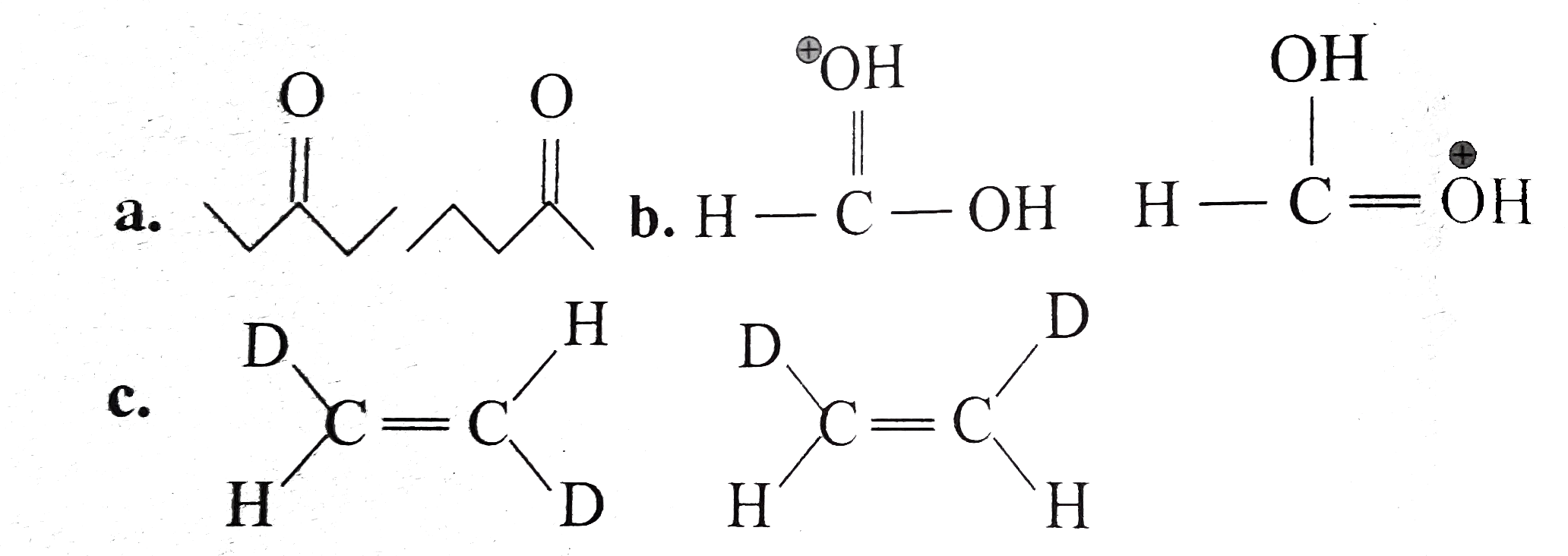 .
.
(a) Compounds having the same molecular formula but with different structures are called structural isomers. The given compounds have the same molecular formula but they differ in the position of the functional group (ketone group)

In structure I, ketone group is at the C-3 of the parent chain (hexane chain) and in structure II, ketone group is at the C-2 of the parent chain (hexane chain). Hence, the given pair represents structural isomers.
(b) Compounds having the same molecular formula, the same constitution, and the sequence of covalent bonds, but with different relative position of their atoms in space are called geometrical isomers.

In structures I and II, the relative position of Deuterium (D) and hydrogen (H) in space are different. Hence, the given pairs represent geometrical isomers.
(c) The given structures are canonical structures or contributing structures. They are hypothetical and individually do not represent any real molecule. Hence, the given pair represents resonance structures, called resonance isomers.
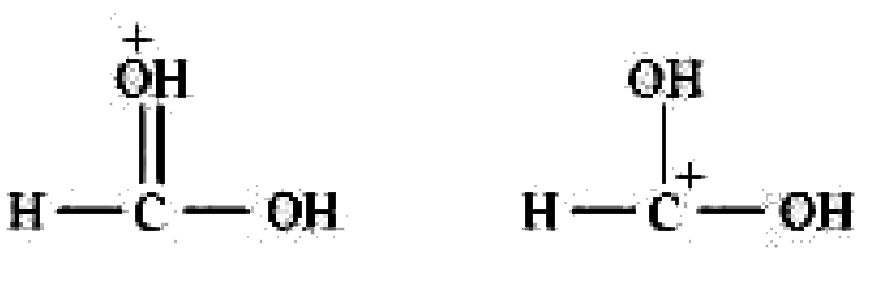
Topper's Solved these Questions
- BOOK - NCERT ENGLISHCHAPTER - ORGANIC CHEMISTRY- SOME BASIC PRINCIPLES AND TECHNIQUESEXERCISE - EXERCISE40videos
ORGANIC CHEMISTRY- SOME BASIC PRINCIPLES AND TECHNIQUES
- BOOK - NCERT ENGLISHCHAPTER - HYDROGENEXERCISE - EXERCISE36videos
HYDROGEN
- BOOK - NCERT ENGLISHCHAPTER - REDOX REACTIONSEXERCISE - EXERCISE30videos
REDOX REACTIONS
Similar Questions
What is the relationship between the members of following pairs of structures? Are they structural or geometrical isomers or resonance contributors?
H−+OH∣∣C−OH H−OH∣C+−OHView SolutionWhat is the relationship between the members of following pairs of structures? Are they structural or geometrical isomers or resonance contributors?
 View Solution
View Solution
Knowledge Check
- Question 1 - Select One
What is the relationship between the molecules in the following pairs ?
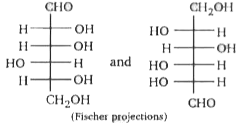 AenantiomersBdiastereomersCidenticalDstructural isomers
AenantiomersBdiastereomersCidenticalDstructural isomers - Question 2 - Select One
What is the relationship between the two structures shown ?
 AConstitutional isomersBStereoisomersCDifferent drawing of the same conformation of the same compoundDDifferent conformation of the same compound
AConstitutional isomersBStereoisomersCDifferent drawing of the same conformation of the same compoundDDifferent conformation of the same compound
What is the relationship between the members of following pairs of structures? Are they structural or geometrical isomers or resonance contributors?
 View Solution
View SolutionWhat is the relationship between the structure below?
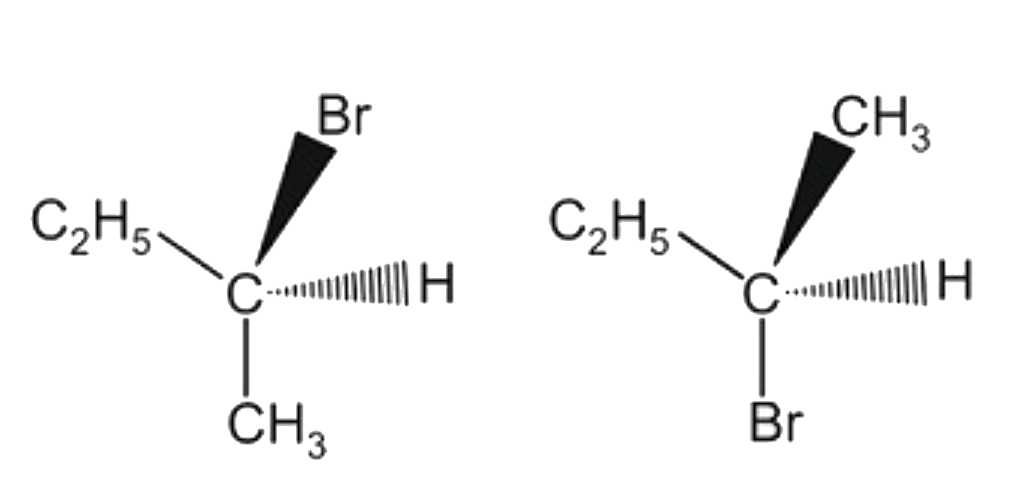 View Solution
View SolutionWhat is the relationship between the structures shown ?
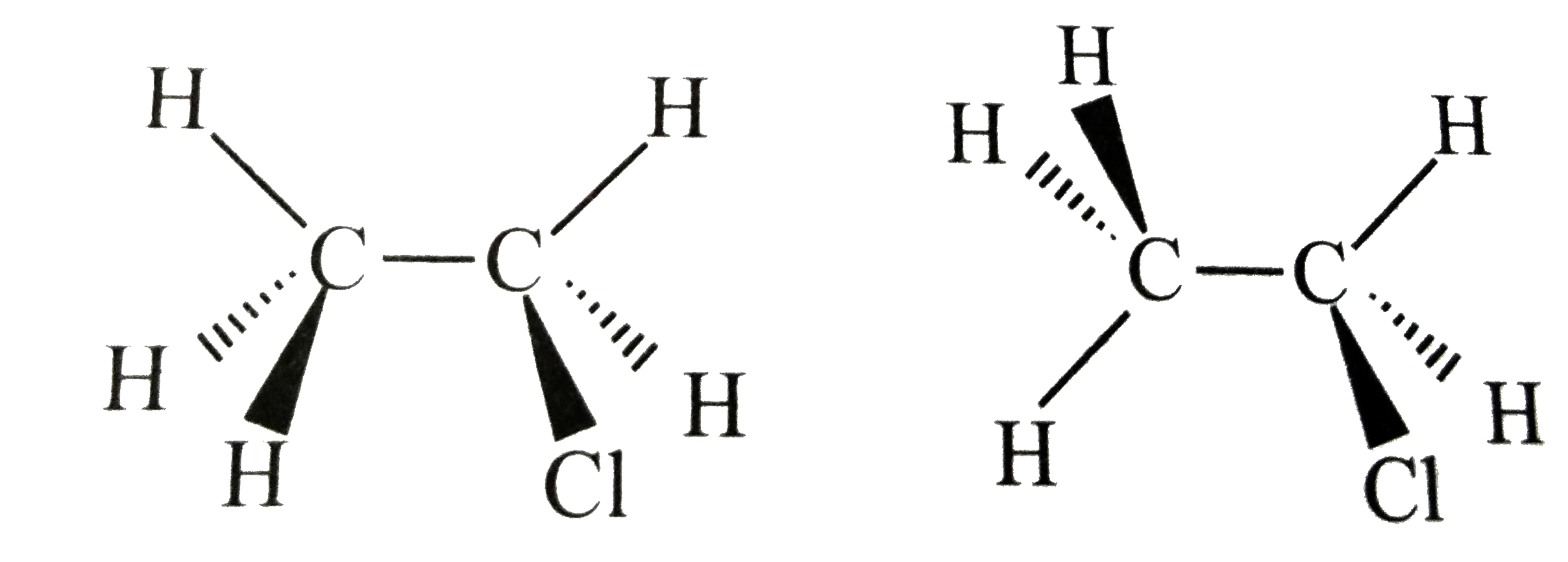 View Solution
View SolutionWhat is the relationship between the following two structures ?
 View Solution
View SolutionWhat is the relationship between the two structures shown ?
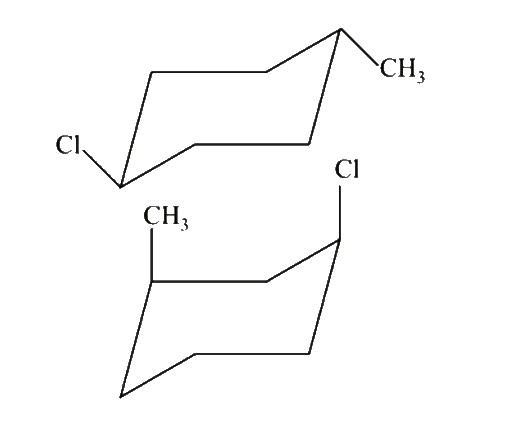 View Solution
View SolutionWhich of the following pairs of structures is homologous?
View Solution

